The newly-established Beijing Stock Exchange (BSE) has reported smooth operation in its first month of trading, highlighting China's fresh move to deepen capital market reform and support innovation-driven small and medium-sized enterprises (SMEs).
As of Tuesday, 82 companies were listed on the bourse, of which 11 were newly approved and 71 were transferred from the selected tier of China's National Equities Exchange and Quotations (NEEQ), also known as the "new third board," BSE data shows.
The exchange saw a total turnover of 47.9 billion yuan (7.52 billion U.S. dollars) for 82 listed stocks after its debut on Nov. 15, when the first-day turnover hit a new high since the selected tier started trading, according to the data.
"In the first month of trading, the BSE saw an uptick in market activity and an overall stable price trend," said an official with the exchange.
As the reform started to show effect, positive changes were seen in the market, such as more enthusiastic investors and improved liquidity.
Statistics show that the exchange saw over 4.6 million new qualified accounts during the first month, 2.7 times the number before the bourse was announced.
The average daily turnover in the first month of trading increased 4.66 times compared with the selected tier, BSE data shows, and the average daily turnover rate of stocks was 2 percent, 1.28 percentage points higher than the previous level.
"Investors have tended to be rational, and the overall transaction enthusiasm remains reasonable," said the BSE official, adding that the bourse, together with NEEQ innovation and basic tiers, will continue to create opportunities for investors to share the development dividend of innovative SMEs.
The new stock exchange is more inclusive for SMEs, with lower listing thresholds, diverse evaluation standards and a shorter approval time.
It adopts the registration-based initial public offering system, in line with the Nasdaq-style sci-tech innovation board, also known as the STAR market, on the Shanghai Stock Exchange, and the tech-heavy ChiNext market on the Shenzhen Stock Exchange.
More SMEs have seen the possibility and opportunity of listing after the BSE debut, while listed companies are showing stronger will and taking faster steps to be listed on the Beijing bourse.
As of Tuesday, there were more than 1,200 listed companies that met the financial conditions of the BSE, with an average net profit of 36.66 million yuan. Many of them have entered the application process, or are preparing to go public.
Some 57 enterprises, mostly concentrated in high-tech emerging industries and featuring high R&D intensity, outstanding growth and high profitability, were under review by the exchange as of Dec. 10.
"The importance of BSE is beyond doubt," said Liu Jie, fund manager and deputy director of Harvest Fund Research. "In the future, more high-quality enterprises will choose to be listed here, forming a positive cycle of exchanges, listed companies and investors."









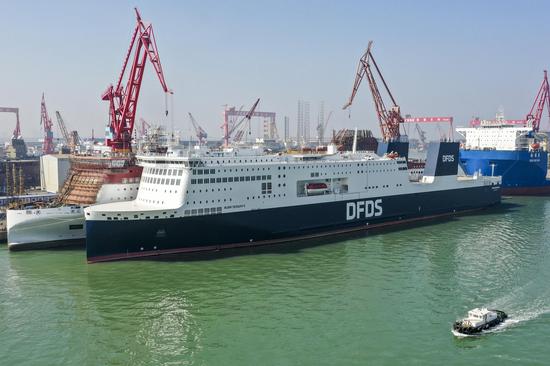



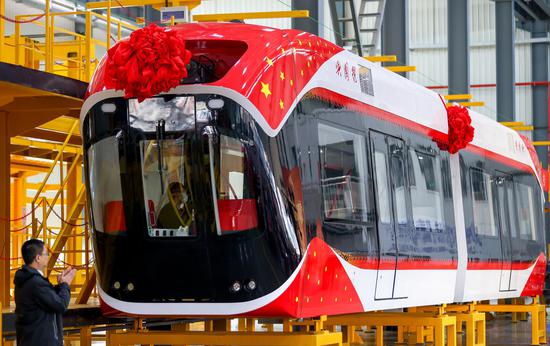
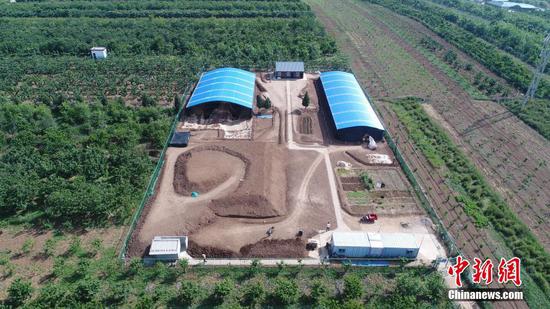

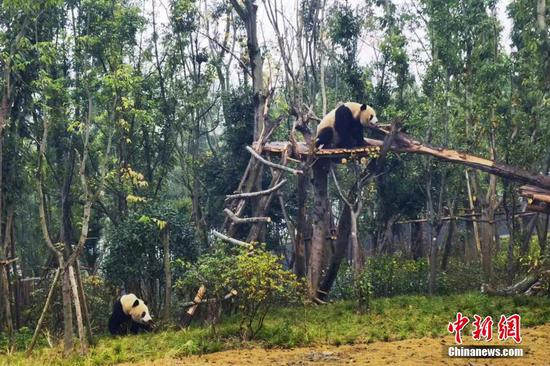
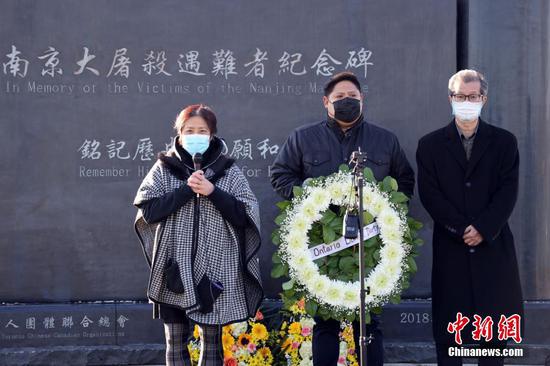




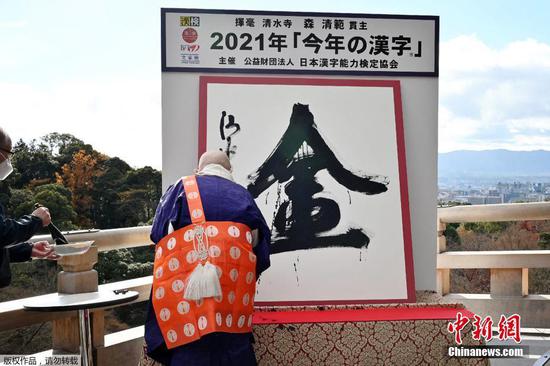
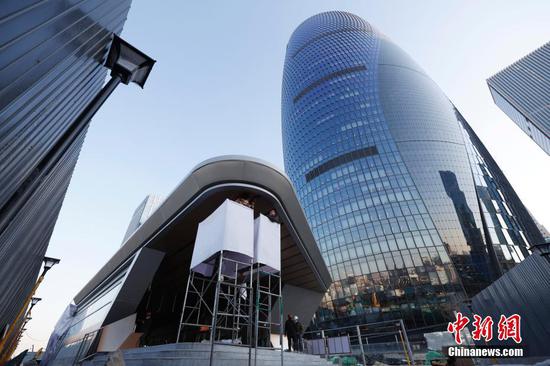
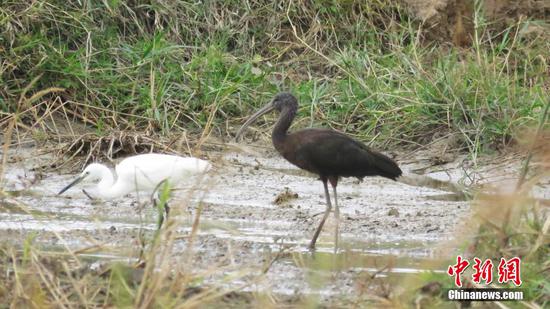
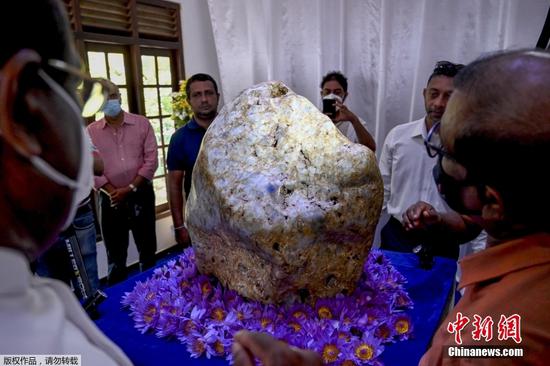
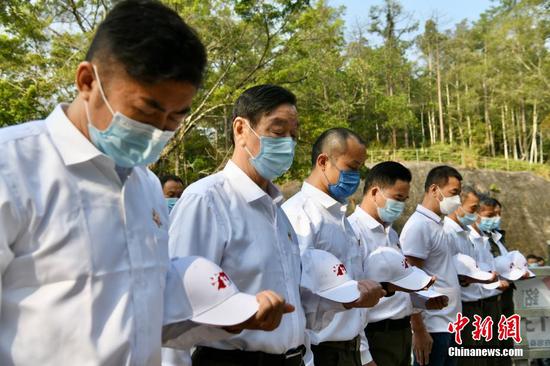

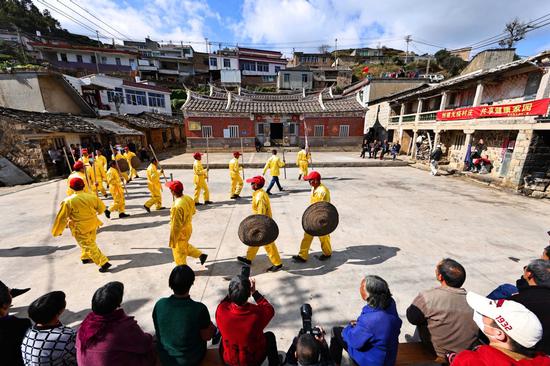


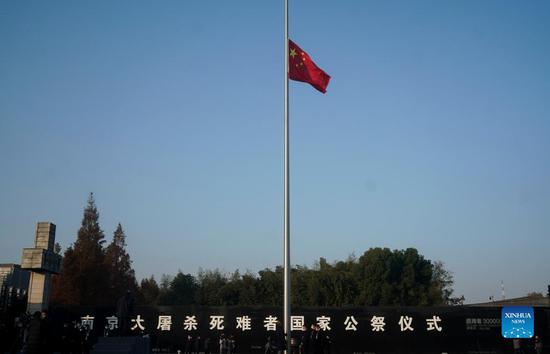

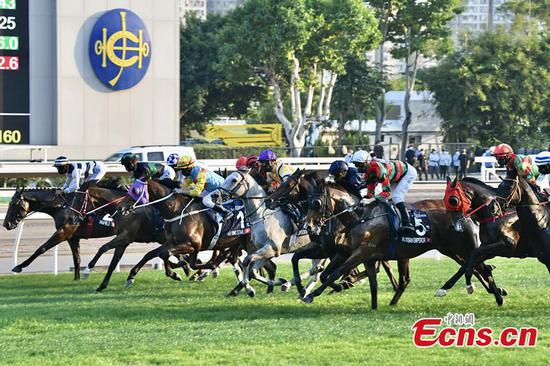
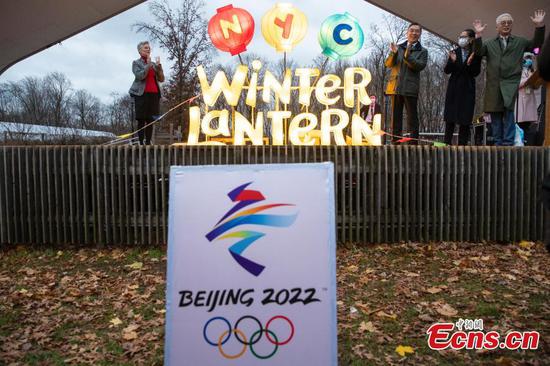
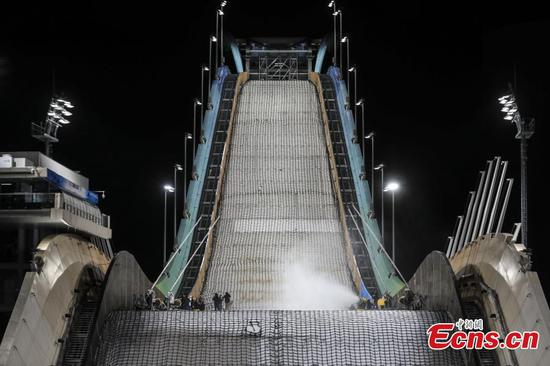

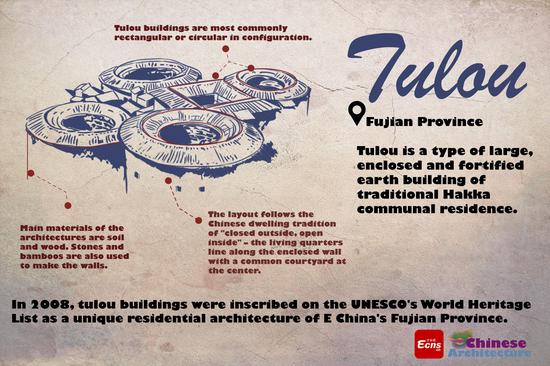
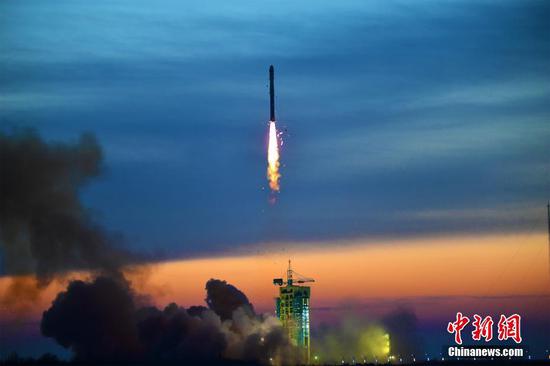

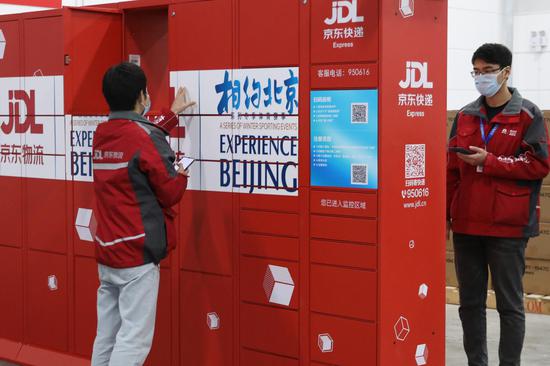
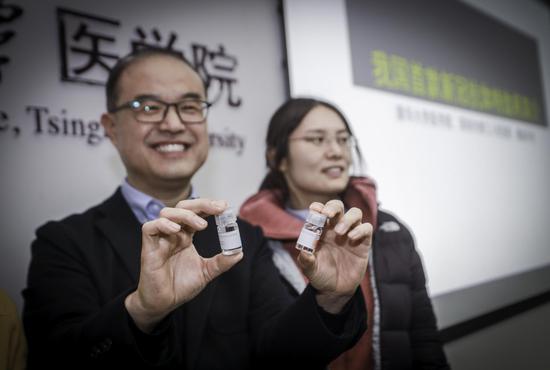
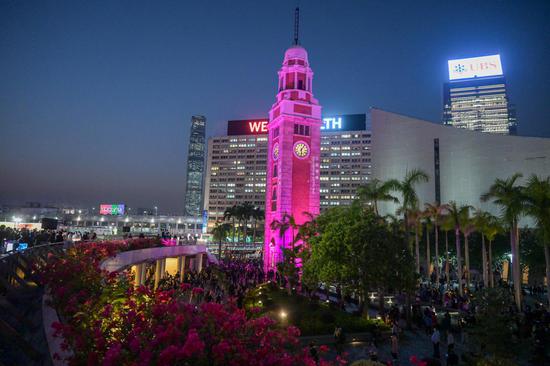

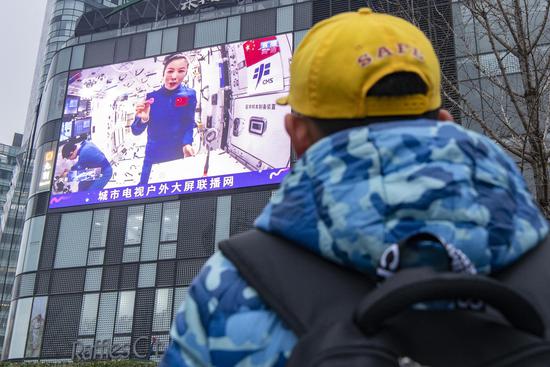





 京公网安备 11010202009201号
京公网安备 11010202009201号